Martial Peak Reviews
Iris Foxglove's Knight of Staria is a captivating blend of fantasy, adventure, and emotional depth that takes readers on a journey through a richly imagined world. The novel opens with a gripping premise: Eli, a man who was once hanged as a traitor, is resurrected by the enigmatic king of the Wild Hunt. This resurrection, however, comes with a price—a curse that binds Eli to a quest for a missing sword. The narrative unfolds with Eli's quest to retrieve the sword, a journey that is as much about redemption and self-discovery as it is about fulfilling a supernatural obligation.
The thematic core of Knight of Staria revolves around the concepts of redemption, loyalty, and the complexities of familial bonds. Eli's journey is not just a physical quest but a profound exploration of his past actions and their consequences. The curse placed upon him serves as a metaphor for the burdens of guilt and the desire for atonement. Foxglove masterfully weaves these themes into the narrative, creating a story that resonates on both an emotional and intellectual level.
Character development is one of the novel's strongest aspects. Eli is a deeply flawed yet compelling protagonist. His resurrection and subsequent quest force him to confront his past, particularly his relationship with his brother, Sabre de Valois. The dynamic between Eli and Sabre is intricately portrayed, highlighting the tension and unresolved issues that linger between them. Sabre, as the only one who can retrieve the sword and break Eli’s curse, becomes a pivotal figure in Eli's journey. Their interactions are charged with emotional intensity, reflecting the complexities of sibling relationships and the struggle for forgiveness and understanding.
Rey, the shapeshifting trickster who initially stole the sword, adds another layer of intrigue to the story. Rey's character is a fascinating blend of mischief and depth, serving as both a catalyst for Eli's journey and a mirror to Eli's own struggles. The interplay between Eli and Rey is dynamic and engaging, providing moments of levity and tension that enrich the narrative. Foxglove's ability to craft multifaceted characters is evident in her portrayal of Rey, who defies simple categorization and challenges Eli in unexpected ways.
The world-building in Knight of Staria is both immersive and meticulously crafted. Foxglove paints a vivid picture of the realm of Duciel and the surrounding countryside, infusing the setting with a sense of history and magic. The presence of the Wild Hunt and its enigmatic king adds an element of myth and mystery, enhancing the novel's fantastical atmosphere. Foxglove's attention to detail in creating a believable and enchanting world is commendable, drawing readers into a landscape that feels both familiar and otherworldly.
In terms of pacing, the novel strikes a balance between action and introspection. The quest for the missing sword provides a clear narrative drive, while the moments of reflection and character interaction add depth and nuance to the story. Foxglove's prose is elegant and evocative, capturing the emotional weight of Eli's journey and the beauty of the world he inhabits. The dialogue is sharp and authentic, revealing the complexities of the characters and their relationships.
Comparatively, Knight of Staria shares thematic similarities with works like Neil Gaiman's Stardust and Patrick Rothfuss's The Name of the Wind, where quests and personal growth are intertwined with elements of magic and myth. However, Foxglove's novel stands out for its focus on familial relationships and the exploration of redemption through the lens of a personal curse. The novel's unique blend of fantasy and emotional depth sets it apart from other entries in the genre, offering readers a fresh and engaging experience.
Overall, Knight of Staria is a compelling and thought-provoking read that will appeal to fans of fantasy and character-driven narratives. Iris Foxglove has crafted a story that is both entertaining and emotionally resonant, inviting readers to reflect on the nature of redemption, loyalty, and the bonds that define us. The novel's rich themes, well-developed characters, and immersive world-building make it a standout addition to the fantasy genre, promising a rewarding experience for those who embark on Eli's journey.
In conclusion, Knight of Staria is a testament to Iris Foxglove's skill as a storyteller, offering a narrative that is as enchanting as it is profound. It is a book that lingers in the mind long after the final page is turned, leaving readers eager for more tales from the world of Duciel and the enigmatic Wild Hunt.
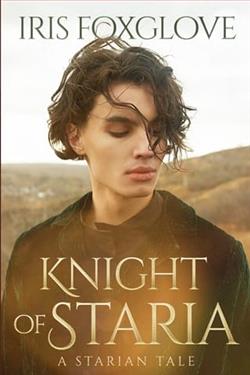




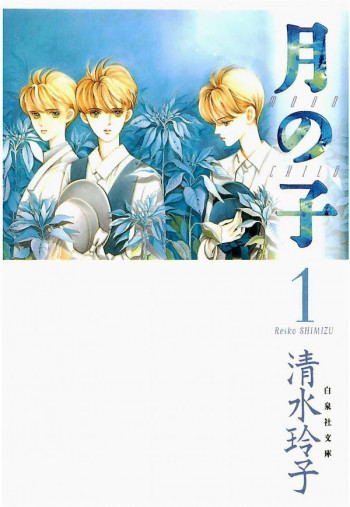
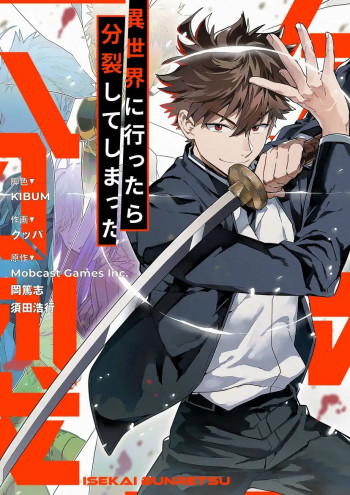
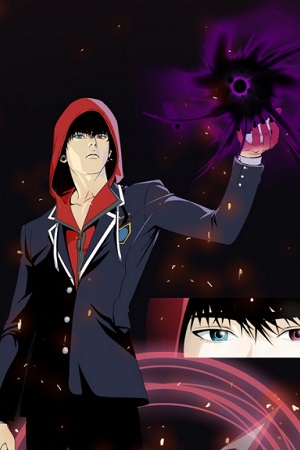
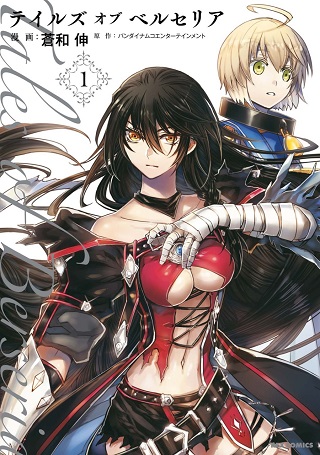
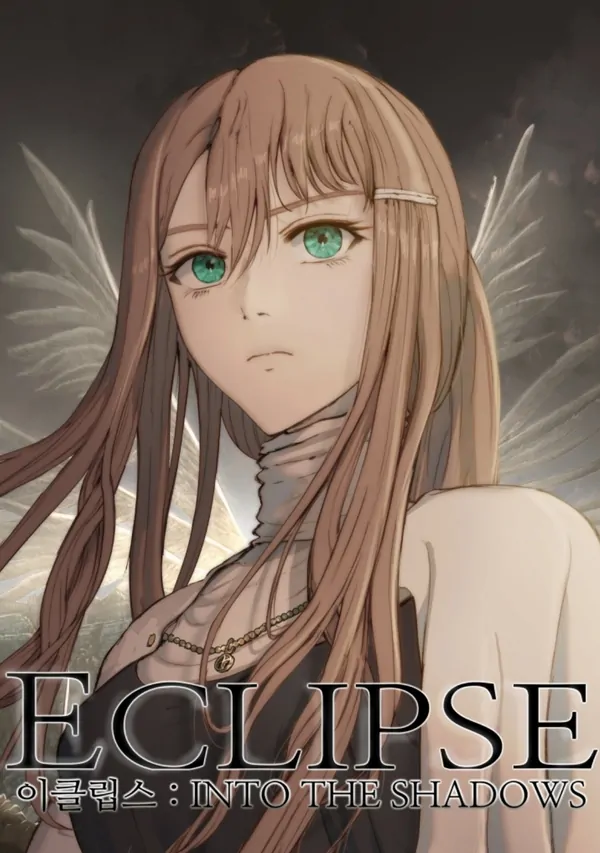
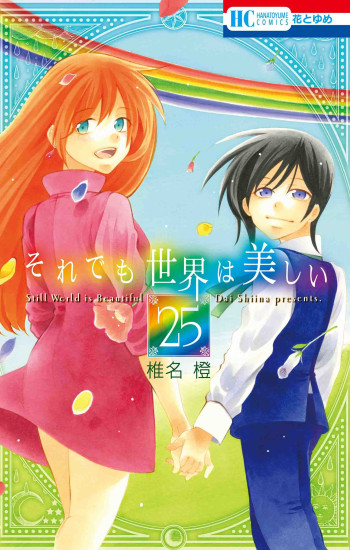
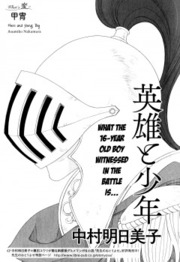












Reviews 0
Post a Reviews: